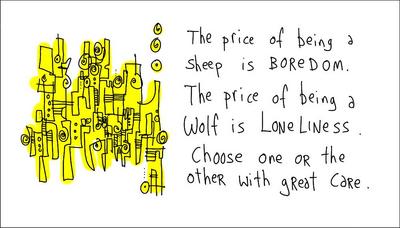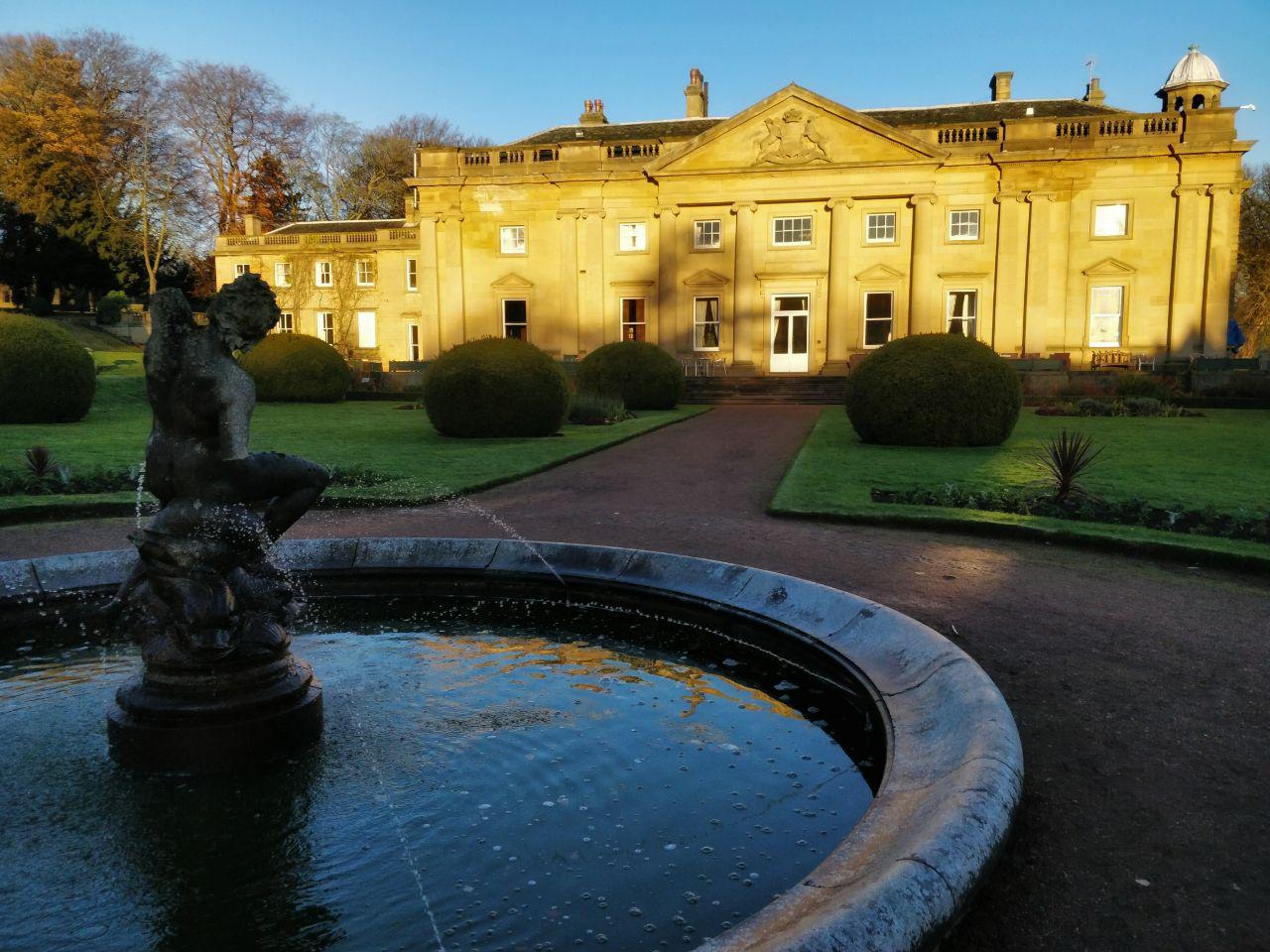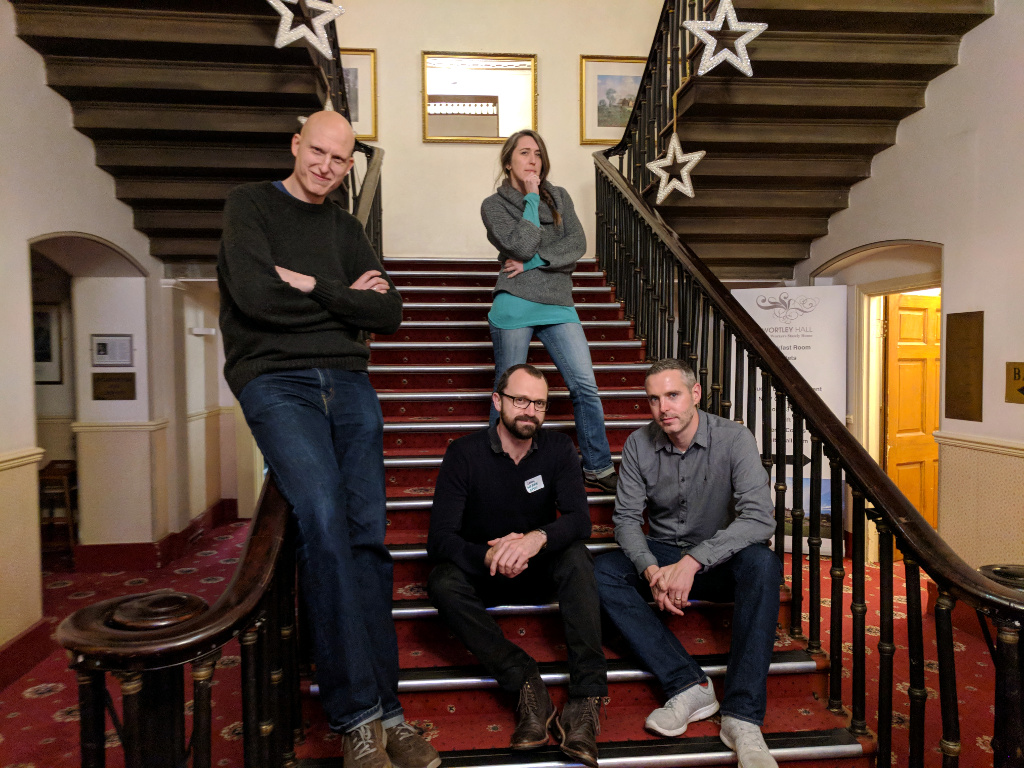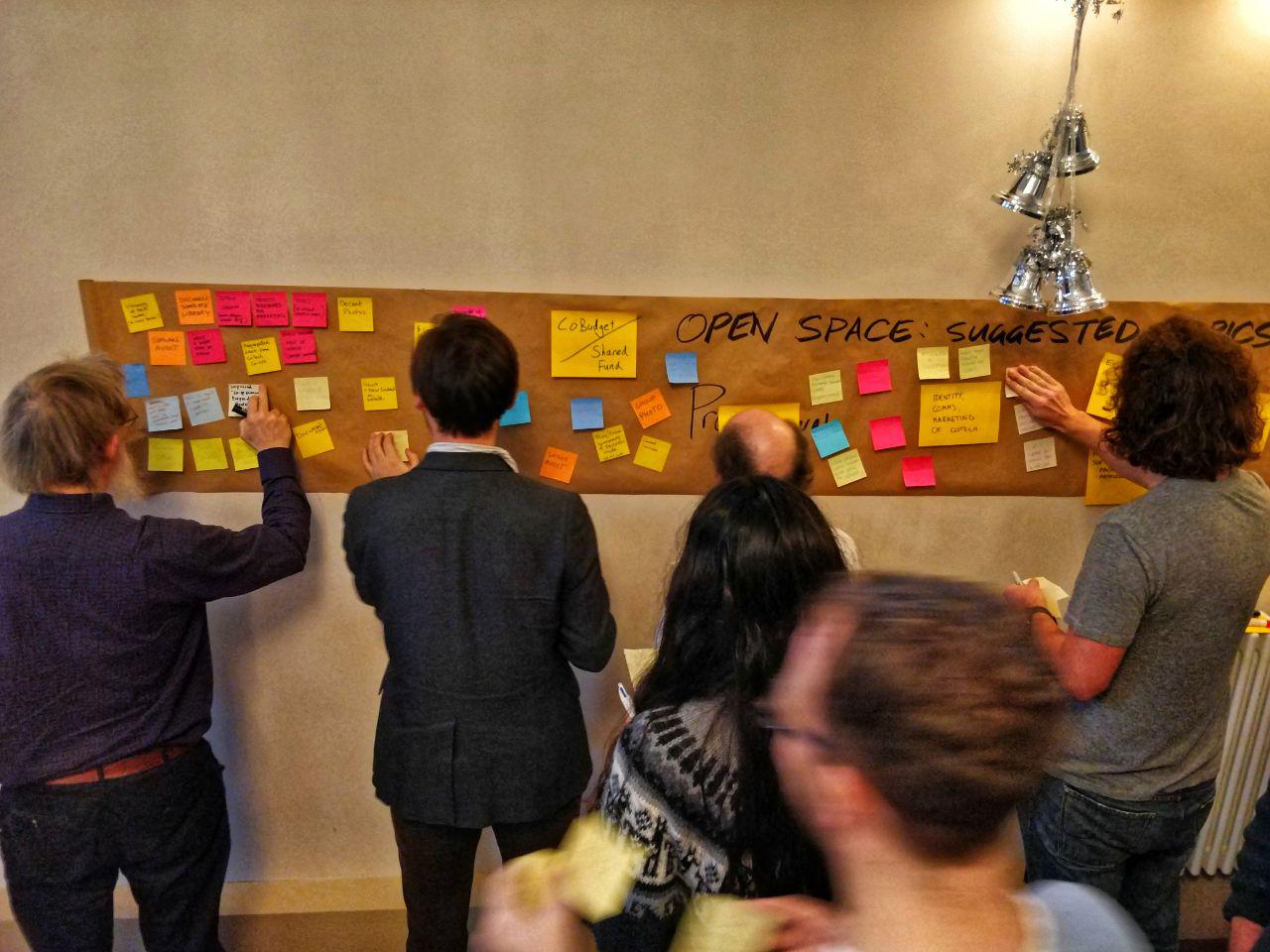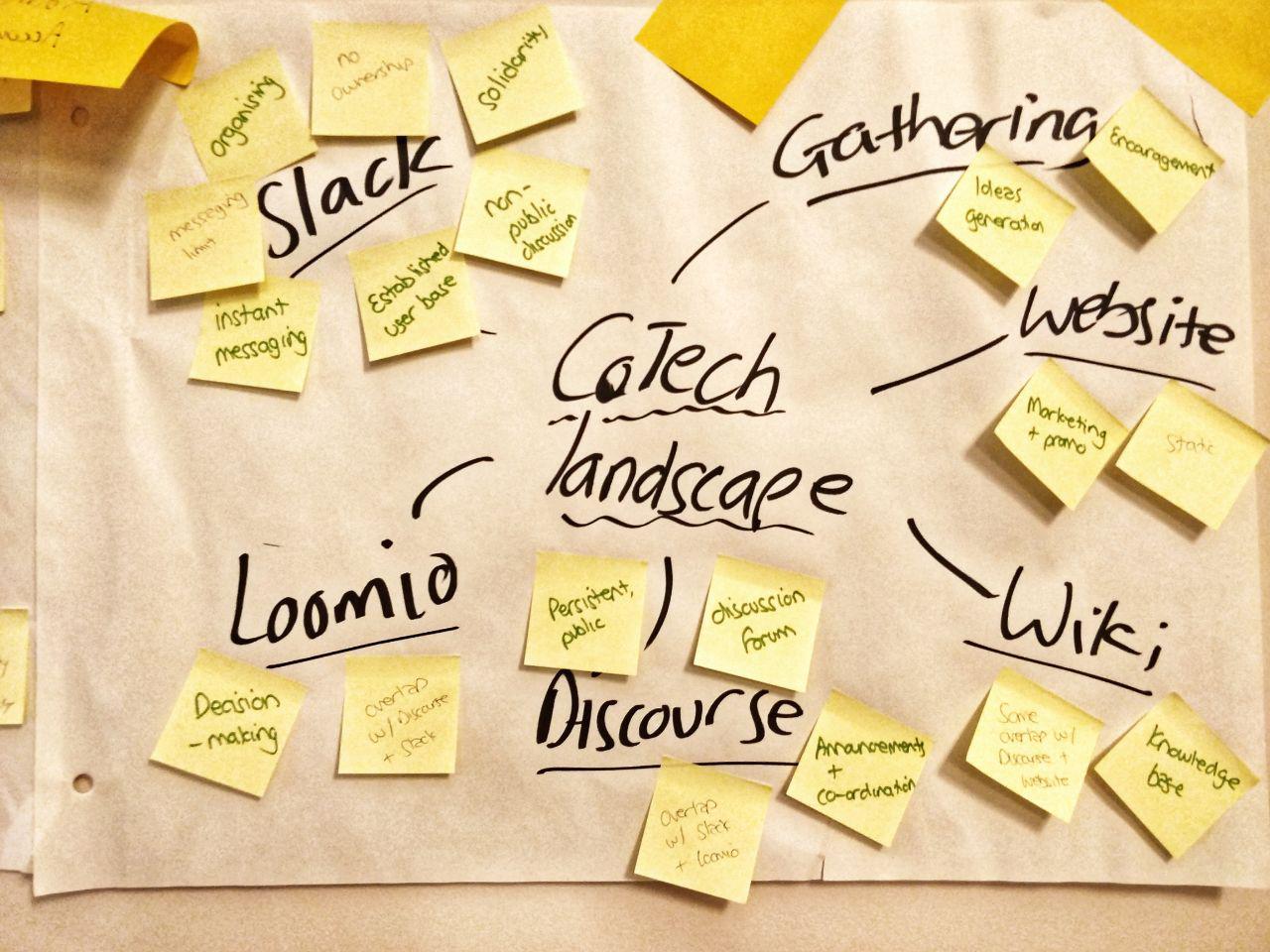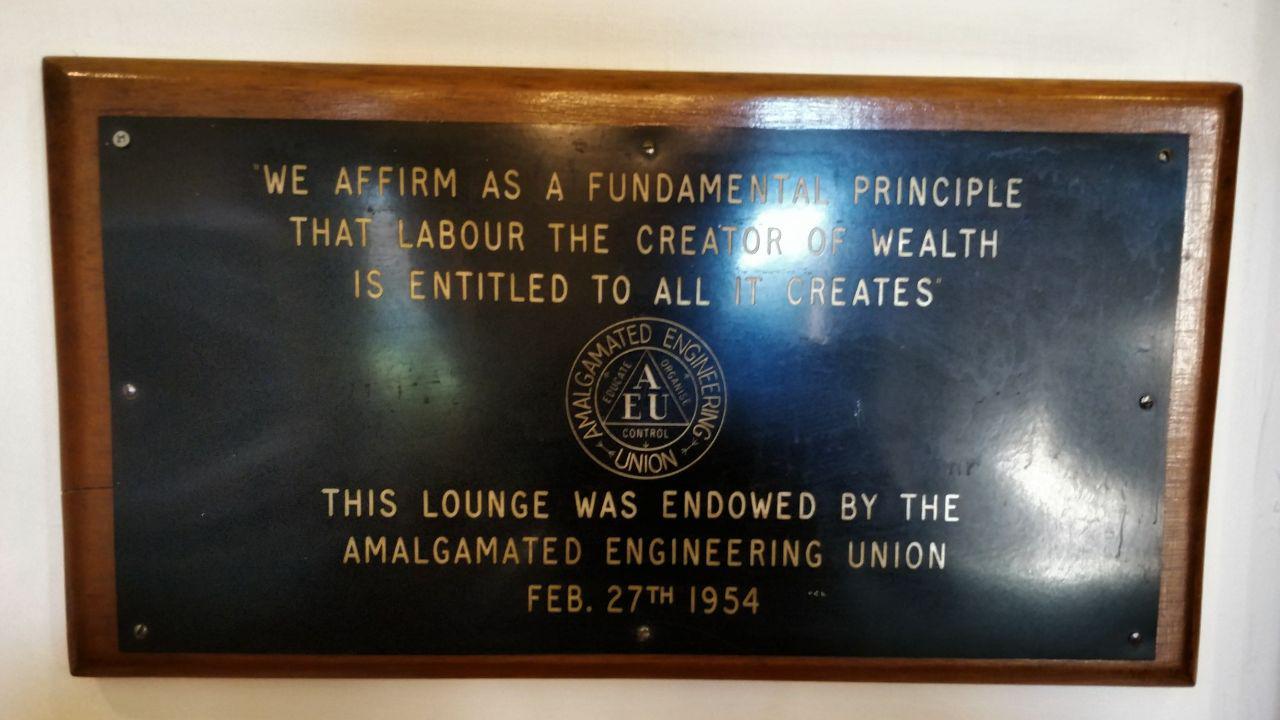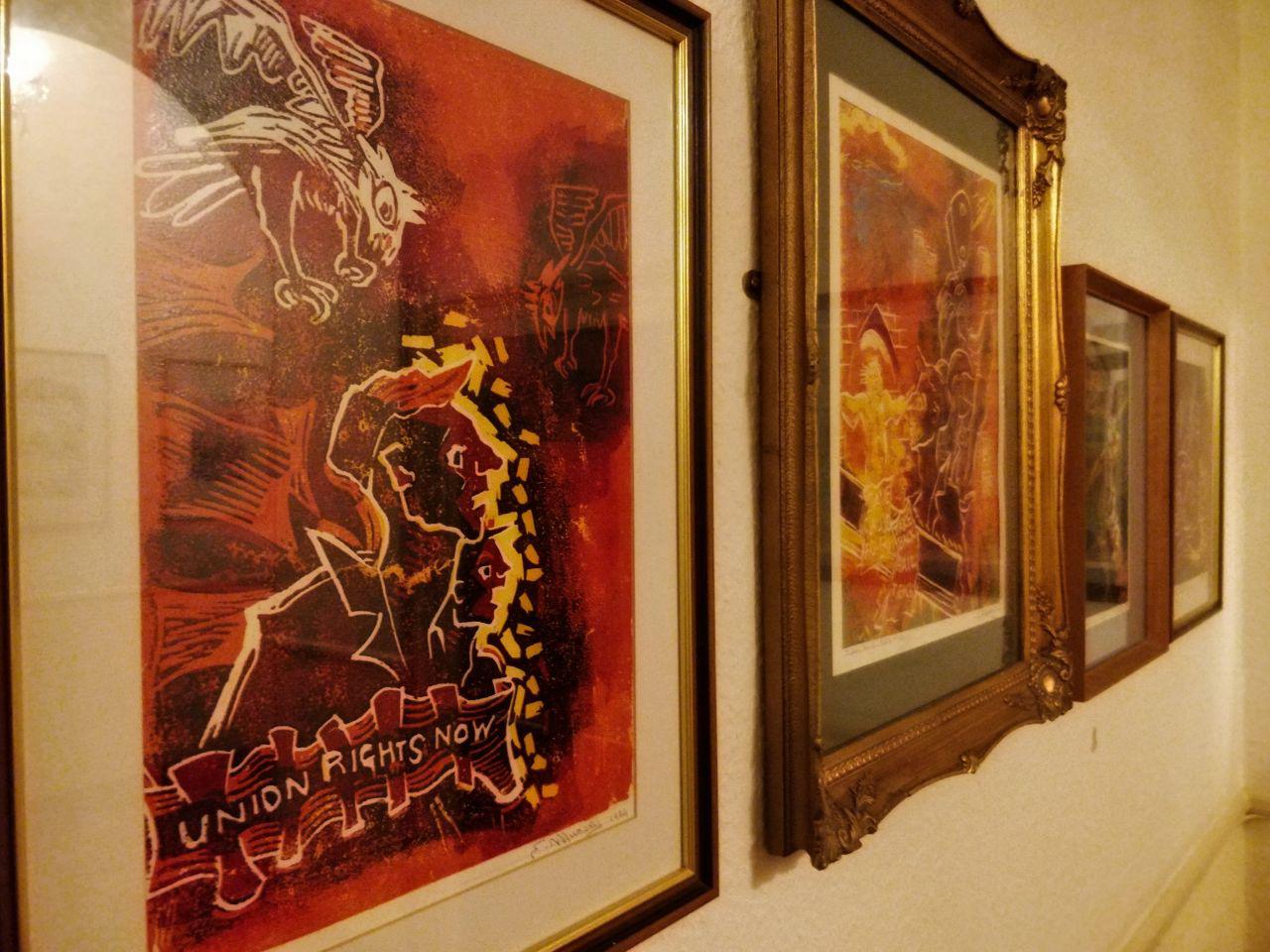This month I’ve been spending time away from Twitter in an attempt to explore Mastodon. I’ve greatly enjoyed the experience, discovering new people and ideas, learning lots along the way.
I’ve decided, for three reasons, that Twitter from now on is going to be an ‘endpoint’, somewhere I link to my thoughts and ideas. It’s the way I already use LinkedIn, for example, and the way I used to use Facebook — until I realised that the drawbacks of being on there far outweighed any benefits. This model, for those interested, is known as POSSE: Publish (on your) Own Site, Syndicate Elsewhere.
There’s three main reasons I came to this decision:
1. Social networks should be owned by their users
Last week, at Twitter’s 2017 Annual Meeting of Stockholders, there was a proposal to turn the service into a user-owned co-operative. It failed, but these kinds of things are all about the long game. You can find out more about the movement behind it here.
However, it’s already possible to join a social network that’s owned by its users. I’m a member of social.coop, which is an instance of Mastodon, a decentralised, federated approach to social media. I’m paying $3/month and have access to a Loomio group for collective decision-making.
I imagine some people reading this will be rolling their eyes, thinking “this will never scale”. I’d just like to point out a couple of things. First, services backed by venture capital can grow rapidly, but this doesn’t necessarily mean they’re sustainable. Second, because Mastodon is a protocol rather than a centralised service, it can provide communities of practice within a wider ecosystem. In that sense, it’s a bit like Open Badges.
2. Twitter’s new privacy policy
Coming into effect on 15th June 2017, Twitter is bringing in a new privacy policy that signals the end of their support of Do Not Track. Instead, they have brought in ‘more granular’ privacy settings.
The Electronic Frontier Foundation is concerned about this:
Twitter has stated that these granular settings are intended to replace Twitter’s reliance on Do Not Track. However, replacing a standard cross-platform choice with new, complex options buried in the settings is not a fair trade. Although “more granular” privacy settings sound like an improvement, they lose their meaning when they are set to privacy-invasive selections by default. Adding new tracking options that users are opted into by default suggests that Twitter cares more about collecting data than respecting users’ choice.
It’s also worth noting that Twitter talks about privacy in terms of ‘sharing’ data, rather than its collection. They’ll soon be invasively tracking users around the web, just like Facebook. Why? Because they need to hoover up as much data as possible, to sell to advertisers, to increase the value of their stock to shareholders. Welcome to the wonders of surveillance capitalism.
3. Anti-individualism
There’s a wonderful interview with Adam Curtis on Adam Buxton’s podcast, parts of which I’ve found myself re-listening to over the past few days. Curtis discusses many things, but the central narrative is about the problems that come with individualism underpinning our culture.
We’re all expected to express how individual we are, but the way that we do this is through capitalism, meaning that we end up living in an empty, hollow simulacrum, mediated by the market. Guy Debord had it right in The Society of the Spectacle. It also reminds me of this part of Monty Python’s Life Of Brian . “Yes, we’re all individuals.”
Sigh.
So, in my own life, I’m trying to rectify this by advocating for a world that’s more co-operative, more sustainable, and more focused on collective action rather than the glorification of individuals.
To be clear: I’ll get around to replying to Twitter direct messages, but I am no longer looking to engage in conversation either in public or private on that platform. I’ve updated my self-hosted Twitter archive and am considering using the open source Cardigan app to delete my tweets before May 2017 to prevent data-mining.
Image CC BY-NC Miki J.
